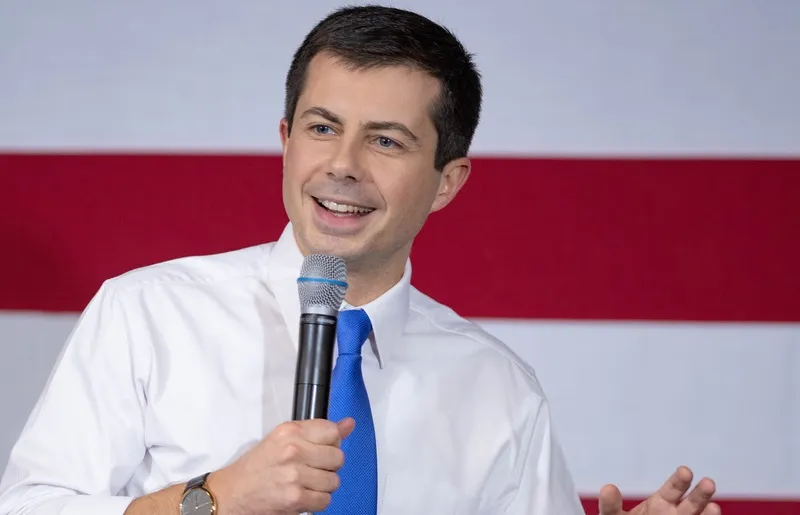The International Bridge, Tunnel and Turnpike Association (
Trump said he will ask lawmakers to approve legislation that would see a US$1 trillion investment in infrastructure, funded by a mix of direct federal investment and private financing, according to The Hill.
Patrick D. Jones, executive director and CEO of the IBTTA, commented that the transportation community welcomed Trump’s vision for rebuilding US highways, bridges and tunnels, saying both Congress and the Administration appear to have found common ground on the need to make additional transportation investments.
He went on, “Over the next few months as this vision evolves into detailed policy proposals and budget figures, the age-old question of how to pay for this plan can quickly become a sticking point.
“As we begin the hard work to achieve the vision of new airports, first-class highways and magnificent bridges, we must also work hard to have an open and robust conversation about how to pay for this vital infrastructure. To move this country forward and expand the economy, we need infrastructure that is second to none. For that to happen, we need to convince the American people that we must invest a little more to get the kind of infrastructure we need.”
ITS America president and CEO Regina Hopper thanked the president and his administration for recognising the urgent need to rebuild America’s crumbling infrastructure and said ITS America looked forward to working with the government to find solutions to rebuild the country’s transportation system.
She concluded, “Safer highways and roads are urgently needed. In 2016, more than 40,000 people died in accidents on our nation’s highways and roads. Intelligent transportation solutions will go a long way to saving lives and preventing injuries.”
IBTTA, ITS America respond to Trump’s infrastructure plans
The International Bridge, Tunnel and Turnpike Association (IBTTA) and ITS America have both responded positively to President Donald Trump’s address to Congress, where he outlined his administration’s priorities, including repairing and rebuilding America’s transportation infrastructure. Trump said he will ask lawmakers to approve legislation that would see a US$1 trillion investment in infrastructure, funded by a mix of direct federal investment and private financing, according to The Hill.
March 1, 2017
Read time: 2 mins









